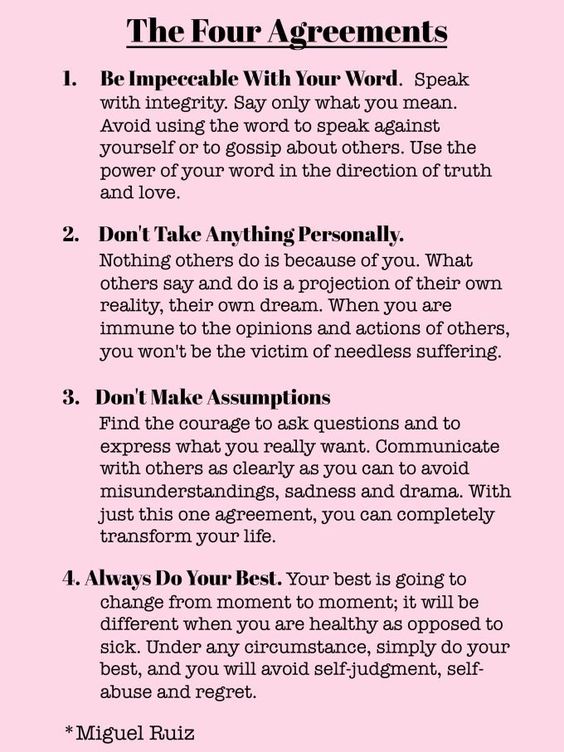“Money isn’t rare. There is nothing precious about precious stones. It is all incredibly common. Most of the people who have it are not impressive, most of the great fortunes are, in fact, the opposite of great. The way to think about money is as a tool, and what did the Stoics use their tools for? To do good. To get better. To make the world better. We can do the same.”
Ryan Holiday
Automate Your Busywork [Book]

Book Overview: Do Less, Achieve More, and Save Your Brain for the Big Stuff. In this book, entrepreneur, founder, and CEO of Jotform—Aytekin Tank delivers a can’t-miss blueprint to help you make the most of your most precious asset: time. You’ll explore what’s possible when you offload repetitive tasks, why automation has democratized innovation, and how you can use cheap―or even completely free―no-code automation tools to transform your ability to focus on what truly matters in your business and life.
Post(s) Inspired by this Book:
15 Aytekin Tank Quotes from Automate Your Busywork To Help You Reclaim Your Time
“Our job as professionals is to show up and do the work. Not simply respond to incoming or do the chores, but to create and innovate. And yet, some days feel more conducive than others. There are moments when it simply flows. When the surf’s up, cancel everything else. Don’t waste it. Postpone the dentist, outsource the grocery shopping and leave your email for now. Make hay.”
Seth Godin
“If it makes you a worse person (parent, neighbor, writer, whatever), it’s not success. If starting a business makes you a worse person—if it stresses you out, if it tears your relationships apart, if it makes you bitter or frustrated with people—then it doesn’t matter how much money it makes or external praise it receives. It’s not successful.”
Ryan Holiday
“I had this idea that I wanted to be a millionaire by 25. Where this number came from, I don’t know. I made it up, it was ego, and I didn’t hit it. But you know what the difference of getting there a little later was? Nothing. No one throws you a party. Accomplishments don’t change who you are.”
Ryan Holiday
“You can’t necessarily automate your happiness. But you can use automation to give you more time to follow your bliss—whatever that looks like for you.”
Aytekin Tank, Automate Your Busywork (Page 168)
“If I lived only for the major, newsworthy milestones, I’d be miserable. Instead, I focused on small wins and created an alternative way to measure success and happiness: know what you’re good at and what you like doing, and spend as much of your workday doing exactly that.”
Aytekin Tank, Automate Your Busywork (Page 168)









